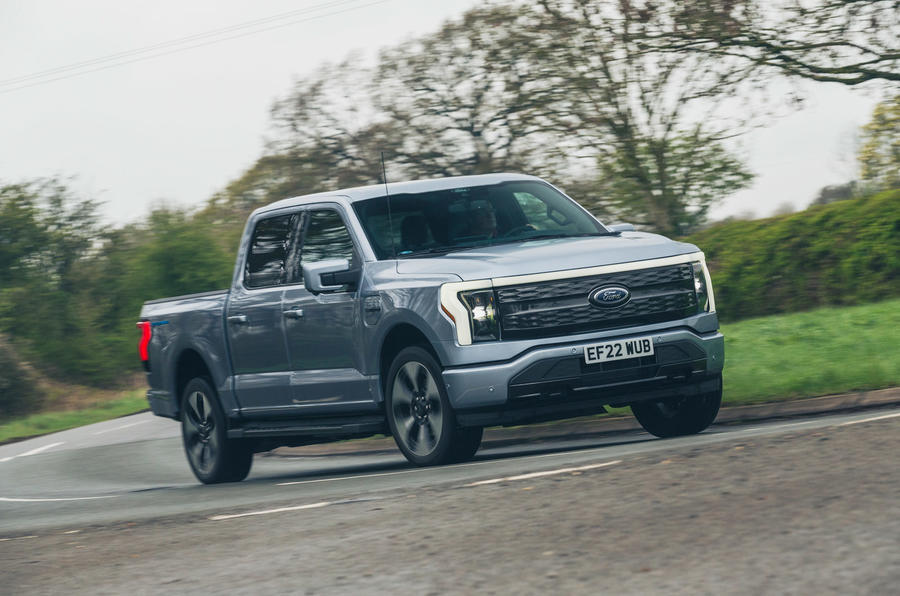
A secret workforce of Ford engineers has been working for 2 years on a brand new platform for inexpensive electric cars, firm CEO Jim Farley has revealed.
Speaking as the corporate launched its fourth-quarter monetary outcomes for 2023, Farley mentioned the corporate is “adjusting our capital [investment], switching more focus onto smaller EV products”.
He added: “This is vital as a result of we made a wager in silence two years in the past. We developed a super-talented skunkworks workforce to create a low-cost EV platform.
“It was a small group, small workforce, a number of the finest EV engineers on the earth, and it was separate from the Ford mothership. It was a start-up.
“And they’ve developed a flexible platform that will not only deploy to several types of vehicles but will be a large installed base for software and services that we’re now seeing at [Ford] Pro.”
Ford Pro is the corporate’s stand-alone industrial car division, liable for fashions such because the Transit and F-150.

Investment in higher-volume, lower-cost electrical automobiles – doubtless destined to function oblique successors to the Fiesta and Focus – is available in response to Ford’s discovering that almost all patrons are unwilling to pay over the chances to go electrical.
Farley added that the supply of low-cost credit score pre-Covid and the pent-up demand for automobiles amid the semiconductor chip disaster, in addition to the speedy rise in early adopters of EVs, “gave us too optimistic a demand signal”.
This drove a “temporary spike in supply” and Ford struggled to seek out patrons for the automobiles it had constructed because it realised that – after the early EV adopters had been on board – mainstream patrons weren’t ready to pay a premium to go electrical.
“As the Covid shock retreated, we learned that as you scale EVs to 5000-7000 units a month and you move into the [majority of customers], they are not willing to pay a significant premium for EVs,” mentioned Farley.